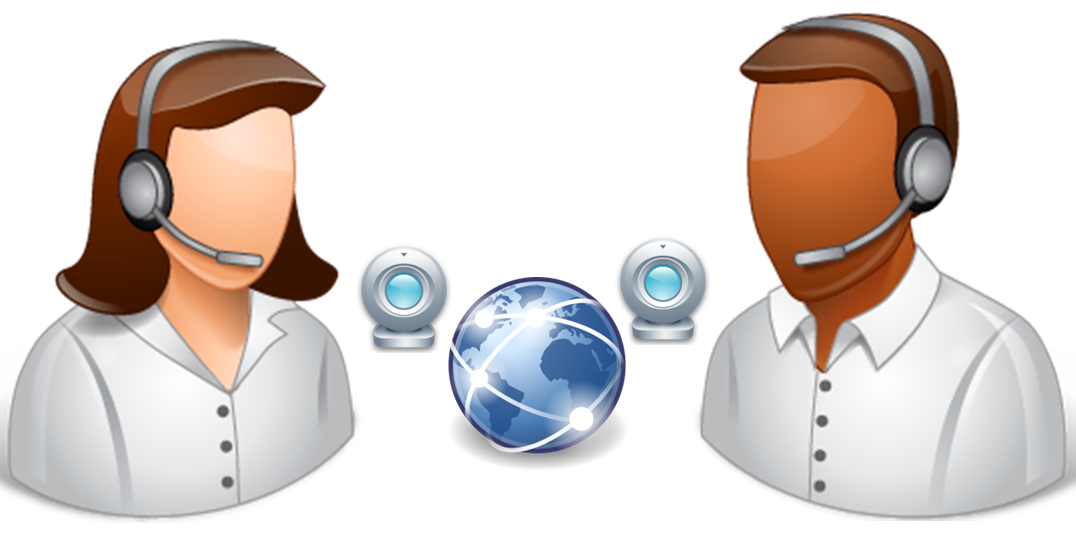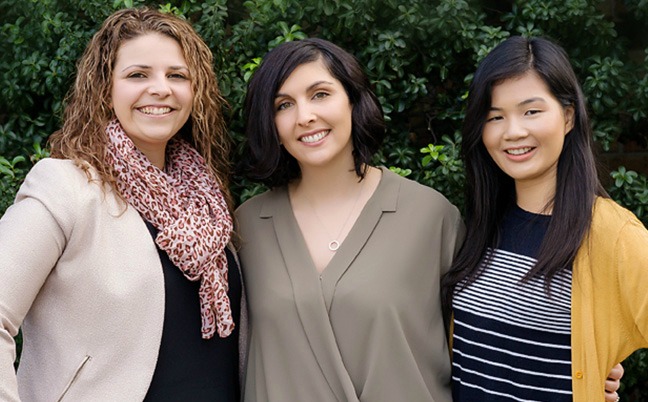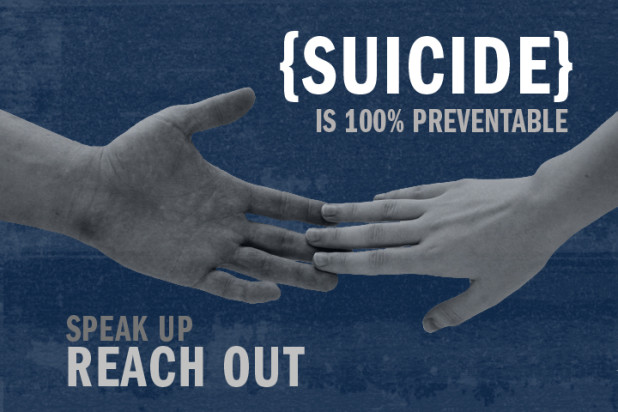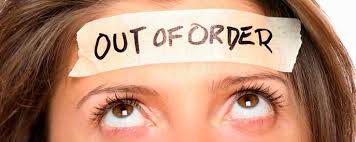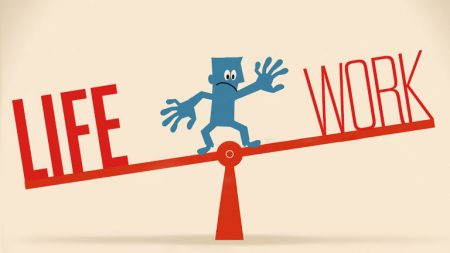Coming to see a Psychologist can be rather daunting. Who wakes up in the morning and says, “I’d love to chat to a complete stranger about my deepest fears, thoughts, and feelings, and see what they think?” We understand that the idea of speaking with someone about your worries opens the floodgates to “what if…?” thoughts, such as “what if they think I’m crazy?” or “what if they can’t help me?” Makes your anxiety go up just thinking about it, right?
But what if I were to tell you that we absolutely DO NOT think this way? After all, we went to university for a minimum of 6 years to help you, and it is honestly an absolute privilege. We are not here to judge you, we are here to share your hardships and difficulties, and help you navigate your way through them.
So, how does someone become a client of ours? Often it all starts by a) Googling us, or b) speaking to your GP. Clients with a referral from a GP often access a Medicare rebate, which will subsidise counselling, but you can still come in without a referral. Bear in mind, you can always book in with us, then go to your GP and request a referral to us specifically. The order of events doesn’t really matter.
When you call us, you can expect to speak with an Administration Assistant. They will speak with you about our team members and work with you to determine who may be the best Psychologist to support you as we all have different areas of interest and skills. Admin will ask for some details, such as your name, email (so we can email you our location map and information about the Psychologist you’ll be working with), and mobile number, so we can text (sms) you an appointment reminder or call if we need to.
On the day of your initial appointment, please come in 10 minutes to complete some paperwork if you haven’t already done this using our online forms. If you have a referral, Admin will also collect this so we can rebate any Medicare benefits immediately following your appointment. This saves you from having to go to Medicare.
When it’s time to start, your Psychologist will come to reception, introduce themselves, and walk you to their consulting room. Our rooms have large armchairs and couches, and we encourage you to get comfortable. You can put your feet up, lie down, sit up, or snuggle up in a blanket. Whatever works for you. If your appointment is via Telehealth, your Psychologist will email you a link which you need to click at the start of your appointment – super easy!
During the initial consultation, your Psychologist will discuss with you some of the fundamentals around privacy and confidentiality, house rules (e.g. sessions are 50 minutes in duration, where the toilets are located), and general policies (e.g. our cancellation policy, which you will also see when you fill out your initial paperwork). This spiel takes about 2 minutes.
Then it’s over to you! We typically ask something along the lines of “What has brought you here today?” The first session with a Psychologist is usually information gathering. We want to know about your circumstances, what is and isn’t working for you, and what you want to achieve throughout counselling. This allows us to start formulating and create a treatment plan aimed at helping you achieve your goals.
If your appointment is in the office, at the end of the session, your Psychologist will walk you back to reception to complete a handover with our Admin team. If your appointment is via Telehealth, your Psychologist will email Admin our handover immediately, so that when you call to give payment a few minutes later, they already know if/when to rebook (if you haven’t already done so) and if they need to process a Medicare rebate for you.
Most of the time, our clients finish their session feeling much better than they did the previous hour (it’s called “therapy” for a reason!), and feel right at home in our clinic. They tend to waltz into the clinic for subsequent sessions because those initial feelings of anxiety about seeing a Psychologist are no longer present, which we love to see!
I hope this has been helpful, we really are here to support you and we want you to feel at home here.
We hope to see you soon!
Laura Forlani
Director and Clinical Psychologist at YMM.
Quality Counselling and Assessment Services
~Support to help you thrive~

